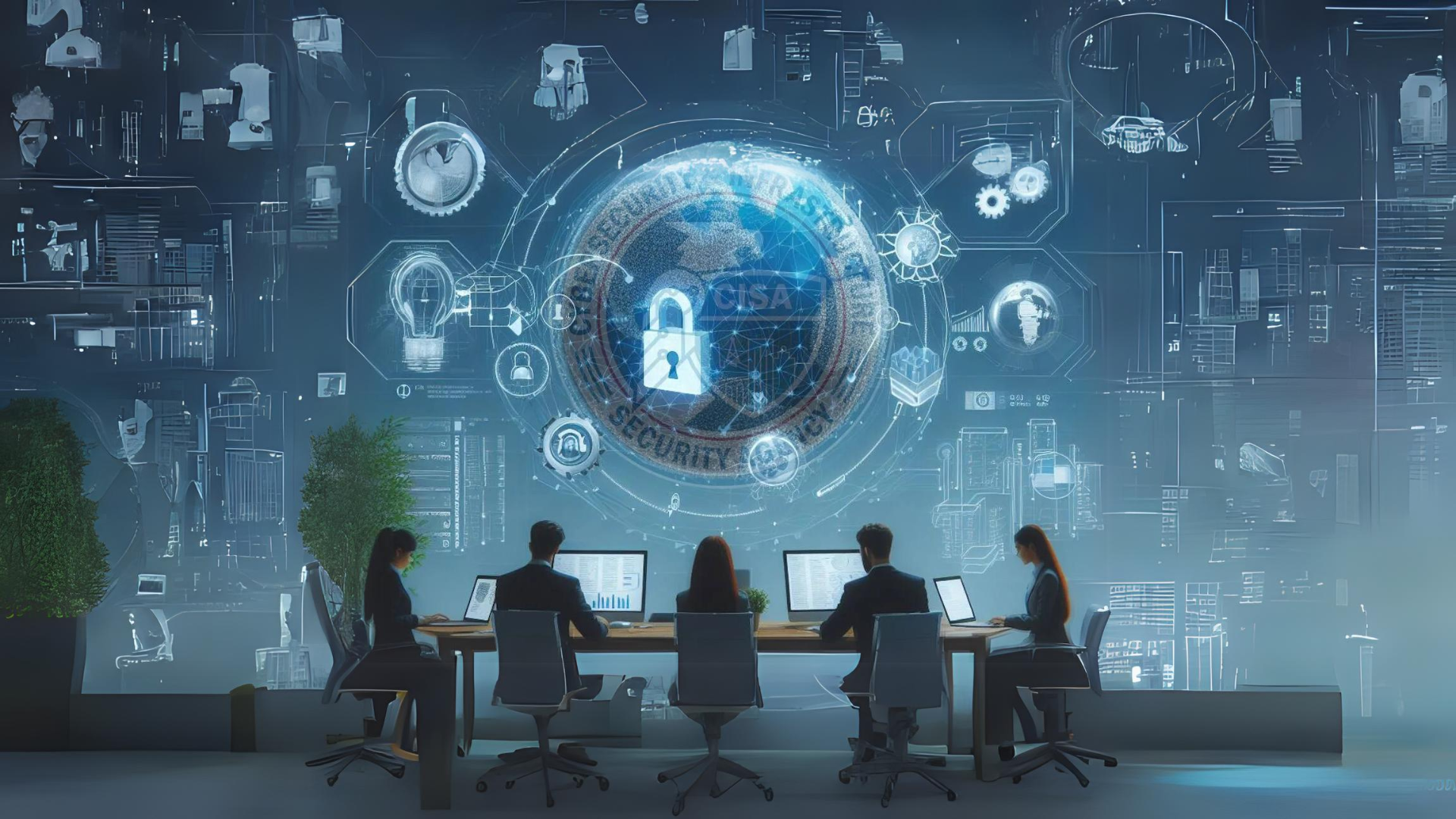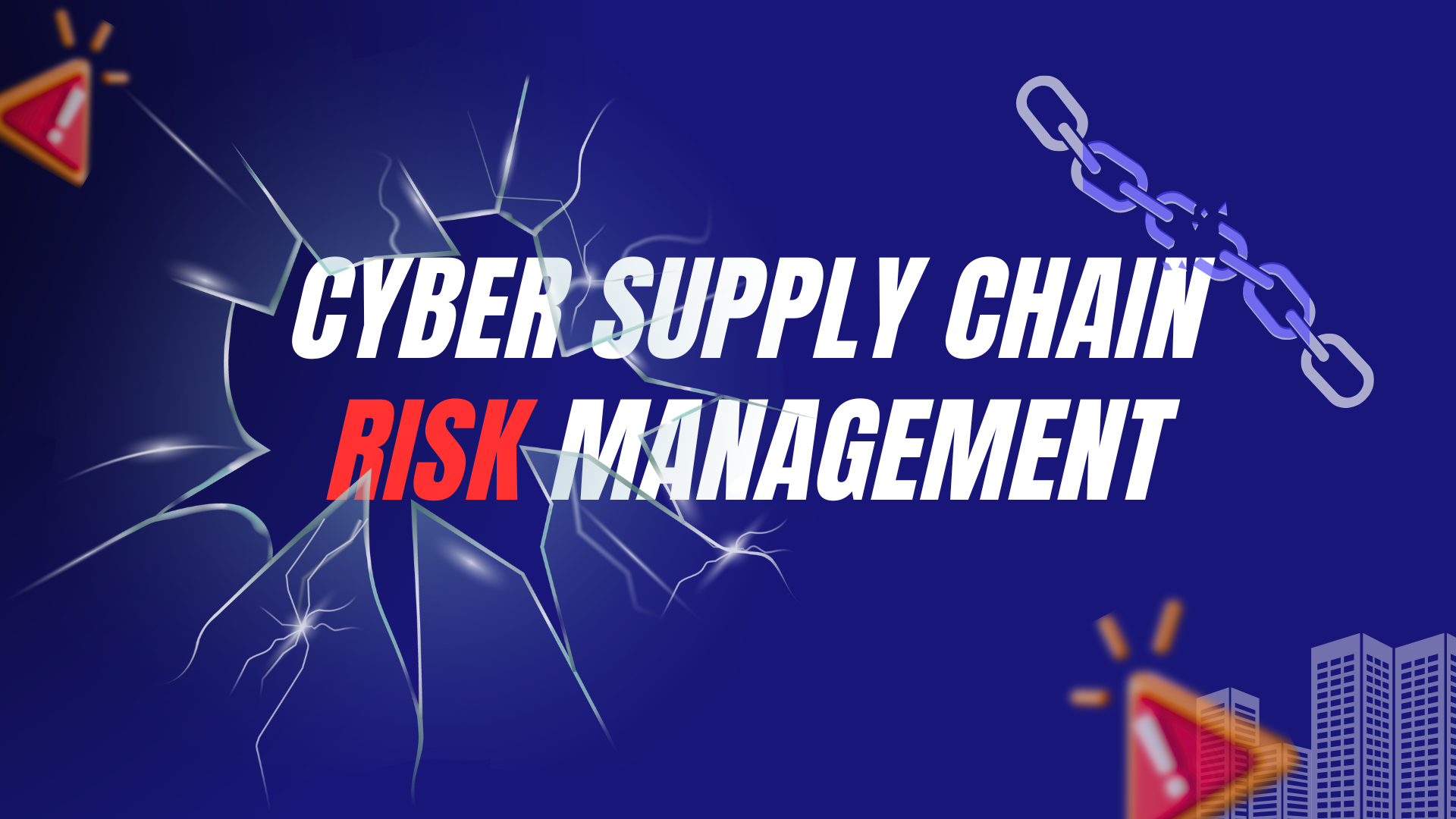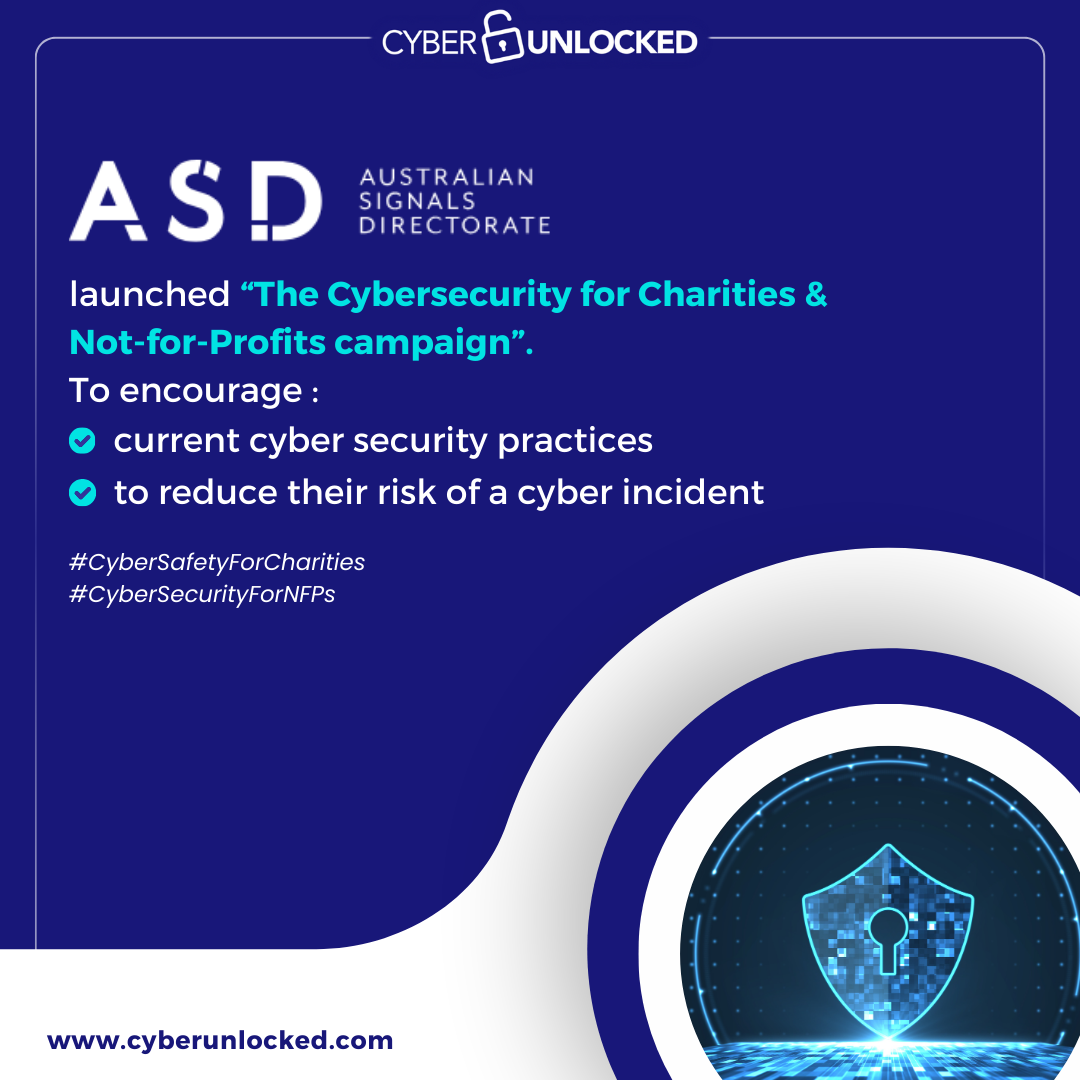Latest News
The Key to Your Privacy: How Secure Is Your Hotel Room, Really?

Imagine checking into a luxurious hotel after a long flight, weary but relieved to finally rest in a space you assume is secure and private. Your key card unlocks the door to not just a room, but a temporary sanctuary. Now, imagine discovering that this very sanctuary could be easily compromised, not by a physical break-in, but through a digital loophole in the lock system itself. This scenario isn't purely hypothetical. It's a real concern, heightened by recent vulnerabilities found in digital lock systems used by millions of hotels worldwide, specifically those manufactured by Dormakaba and Onity.
Researchers Carroll and Wouters exploited Swiss company Dormakaba's encryption and the MIFARE Classic RFID system to easily unlock Saflok keycard locks. Their method involves acquiring a hotel keycard, using a $300 RFID device to clone two keycards, which can then unlock doors by manipulating lock data. This vulnerability affects Saflok locks on 3 million doors across 13,000 properties worldwide, posing a major security risk to the hospitality industry.
The discovery of such vulnerabilities brings to light a crucial question about the security of our hotel stays. How did it happen? In many cases, these digital lock systems, designed to offer convenience and enhanced security through key cards or mobile access, were found to have software flaws. These flaws could potentially allow hackers to gain unauthorised access to rooms, posing a direct threat to guest privacy and safety. The impact of this revelation is not just a momentary panic but a profound concern for guests about their privacy and security, questioning the trust we place in the seemingly secure environments of reputable hotels.
For hotel owners and operators, the implications go beyond the immediate need to patch these vulnerabilities. The revelation of such security flaws can shake the confidence of guests, leading to a direct impact on bookings and, by extension, hotel revenues and long-term profitability. In a world where news travels faster than ever, the reputation of a hotel can be tarnished overnight, turning what was once a destination of choice into a case study in the importance of cyber security vigilance.
This story isn't unique to the hotel industry. It serves as a powerful reminder of the pervasive impact that cyber security vulnerabilities can have across all sectors. The digital transformation has ushered in an era where security breaches can have far-reaching consequences, affecting not just immediate operations but also the long-term trust and loyalty of customers. In the digital age, a business's commitment to cyber security is not just about protecting data—it's about safeguarding the very foundation of customer trust and the integrity of the brand.
How CyberUnlocked Can Help
With our deep expertise in cyber security, we excel in identifying software flaws, assessing risk, and implementing robust cyber security measures to protect your business against the evolving threat landscape. Our proactive approach includes comprehensive vulnerability assessments, ensuring that potential software flaws are identified and rectified before they can be exploited.
Dormakaba, the company behind the Saflok-brand door locks, is offering a fix for the identified vulnerabilities, but it may take months or even years to reach some hotels. By partnering with CyberUnlocked, you gain a dedicated ally in securing your digital assets, protecting your customer relationships, and ensuring the longevity of your brand's reputation. In the world of cyber security, being prepared is the key to your privacy and success.
CyberUnlocked acknowledges the Traditional Custodians of Country throughout Australia and their ongoing connection to land, waters and community. We pay our respects to Elders, past, present and emerging.




